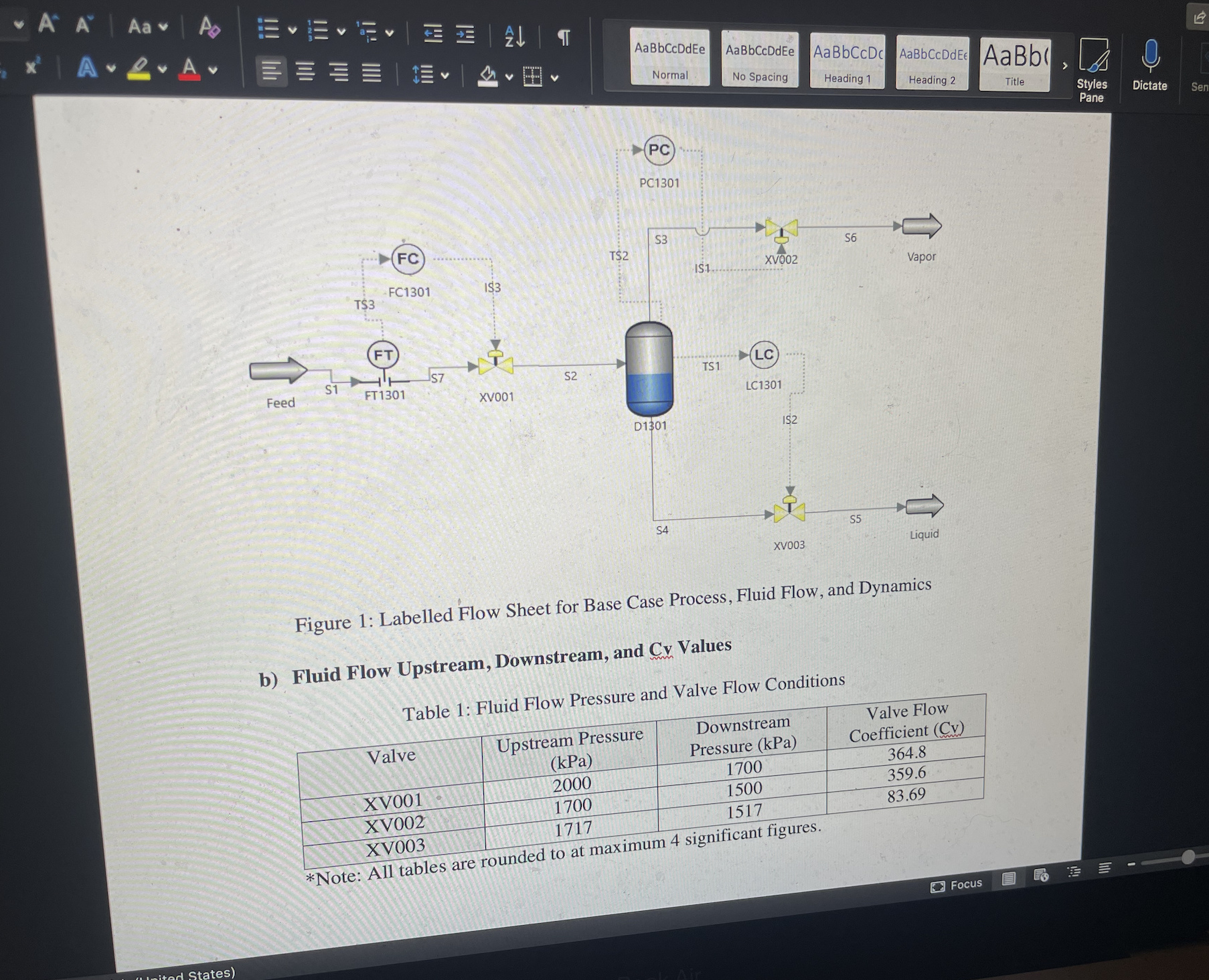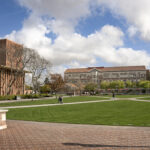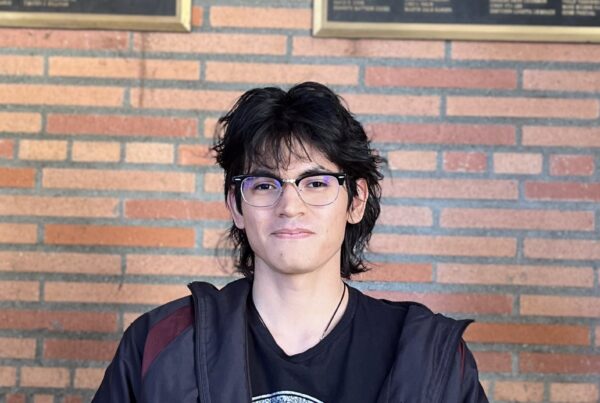Chemical engineering is a multidisciplinary and interdisciplinary study that relates physics, chemistry, biology, and processes together. With a chemical engineering degree, you can go into a multitude of fields such as semiconductors/materials, medicine, biotechnology, food, cosmetics, research, and much more. A lot of the curriculum that takes place at USC in this department has to do with chemical production, manufacturing, and systems. You will get the chance to explore what areas interest you the most with small class sizes where professors get to know about you and your interests.
What I do as a Chemical Engineering Major:
As a chemical engineering major I get to take advantage of the research opportunities here at USC. Through Center for Undergraduate Research in Viterbi Engineering (CURVE), I found a research lab that aligned with my interest in nanotechnology, where you get funded and get the opportunity to participate in a symposium to share the work you have done for the year. In addition to research, there are a bunch of professional and social opportunities to take advantage of while at USC. There are many professional organizations, such as American Institute of Chemical Engineers (AICHE), where you can participate in design challenges, mock interviews, coffee chats, and social events. There are also many different clubs ranging from skiing to writing organizations.
Major Required Classes You Will Take:
- CHE 120: Introduction to Chemical Engineering: In this course, you will get a basic idea about what chemical engineering is and what fields you could potentially go into. Topics covered range from mass balances to energy balances.
- CHE 305: Numerical Methods in Chemical Engineering: This class is an introduction to MATLAB where you will learn how to code and solve basic problems.
- CHE 330: Chemical Engineering Thermodynamics: This is probably the most difficult underclassman class I have taken. In this class you learn about heat, energy, and physical and chemical equilibrium.
- CHE 350: Introduction to Separation Processes: This is where you learn about how to separate chemicals in different phases. You learn about absorbers, process designs, and distillation columns.
- CHE 442: Chemical Reactor Analysis: In this class you learn about the different types of reactors, rate laws, and chemical reactor design.
- CHE 443: Viscous Flow: In fluids, you learn about the properties of fluids such as viscosity, density, laminar flow, etc.
- CHE 444(a-c): Chemical Engineering Laboratory: In this class, you have a lecture and lab component where you learn about different processes and reactions. You then get hands-on experience in a lab to apply your skills and knowledge.
- CHE 447: Heat and Mass Transfer: This is where you learn about heat and mass transfer and different laws and theories. At the end of the semester, you work on a project to model the heat and mass transfer phenomena.
- CHE 460: Chemical Process Dynamics and Control: This is a process control class where you learn about algorithms such as PIDs, as well as valve designs.
- CHE 485: Computer-Aided Chemical Process Design: In this class you learn how to use AVEVA Process Simulator to simulate chemical plant processes.
- CHE 480: Chemical Process and Plant Design: In this senior design class, you get a prompt where you have to use your chemical engineering knowledge to build and design a plant.















